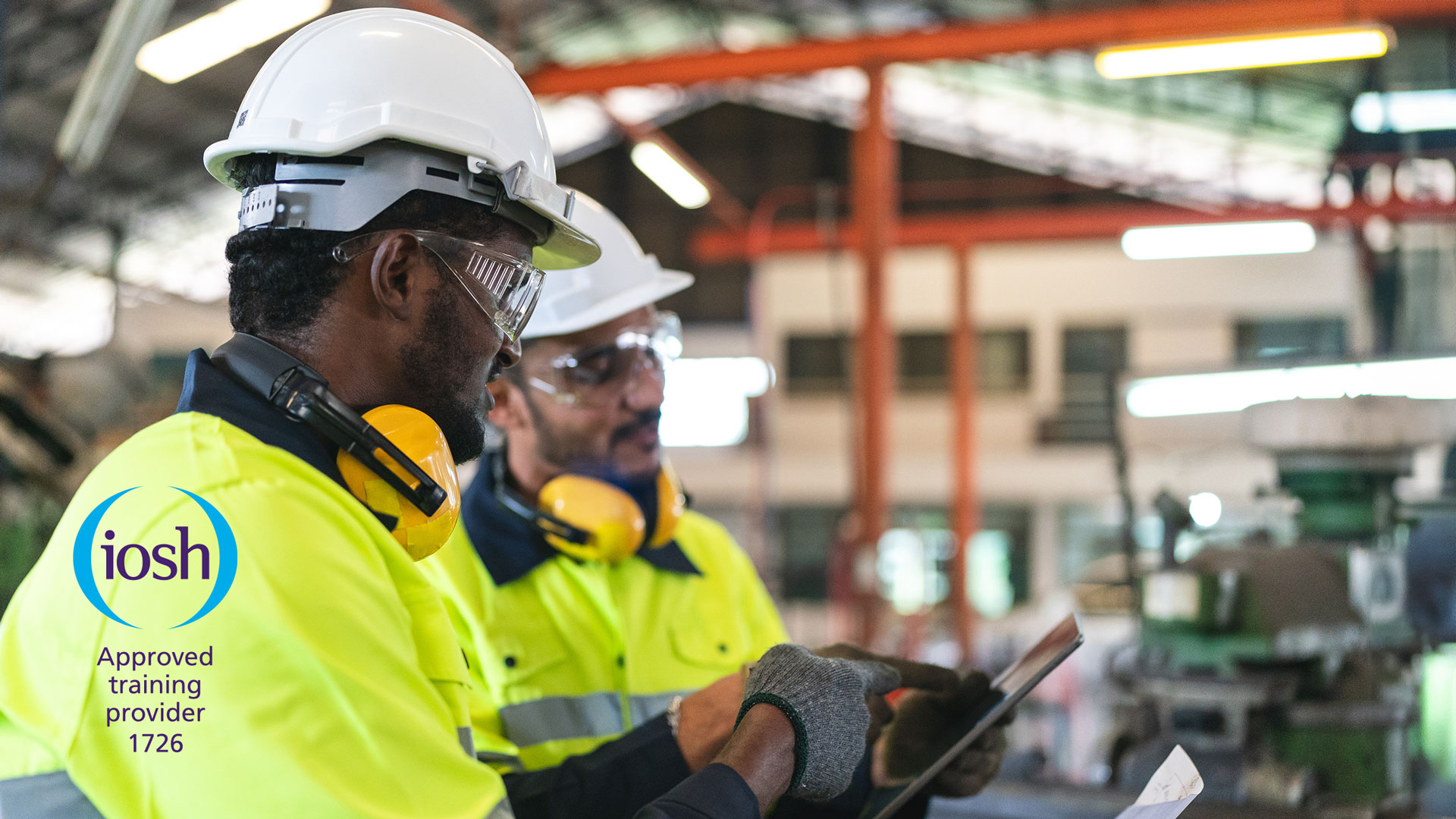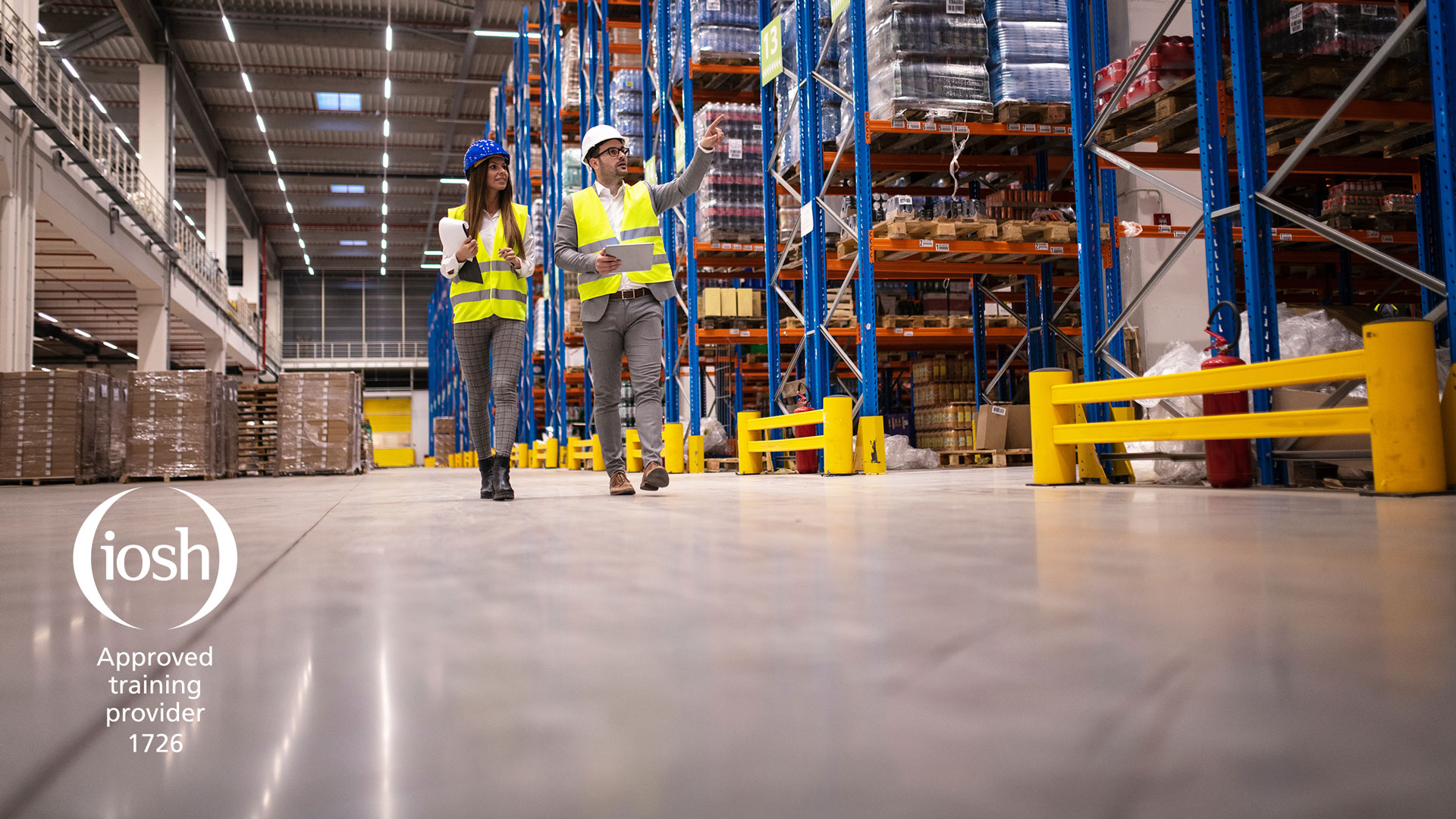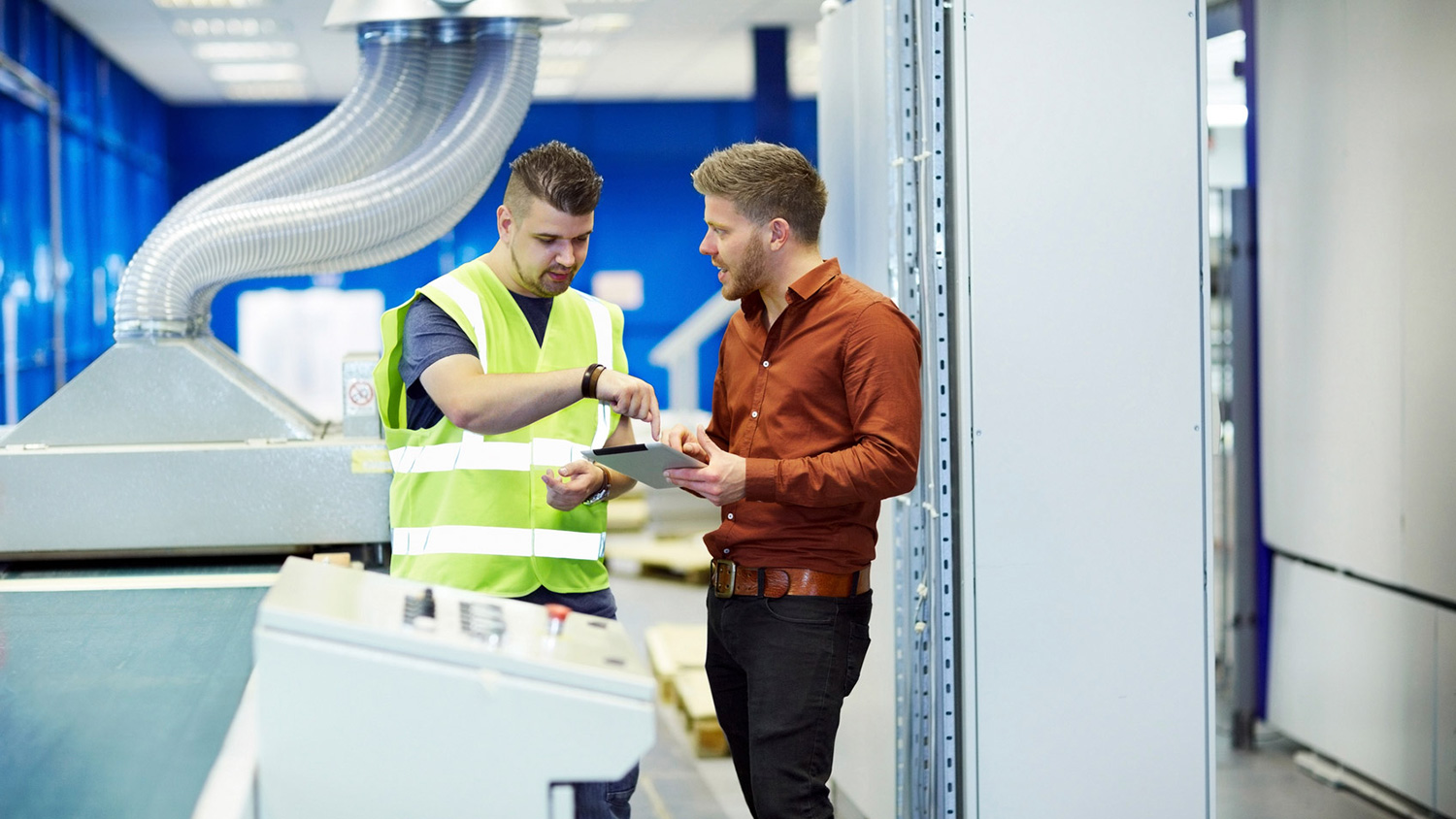The UK is one of the safest places to work in the developed world, with low levels of workplace fatalities compared to its European neighbours. This is true even when adjusting for the fact UK workers may be less likely to work in traditionally dangerous occupations.
This is unlikely to have happened by accident but is a result of legislation in the UK, in particular since the 1974 Health and Safety at Work Act. Employees are over 75% less likely to die at work today than back in 1983.
Physical workplace illness rates are at their lowest ever recorded levels, in contrast to mental workplace illness rates, which are at their highest ever recorded levels, impacting 600,000 workers and accounting for 54% of all lost days due to ill health in 2018/19.
However, a new report by the Institute for Public Policy Research has highlighted several inequalities when it comes to health and safety in the workplace. According to the report, Better than cure: Injury prevention policy, workplace injuries and physical illness are more prevalent among lower earning groups, with rates of physical injury and illness over twice as high in lower earning groups than higher earning ones.
It also found that people in work with depression and/or anxiety were roughly twice as likely to report a workplace injury or develop a physical illness from past work, and workers with a learning disability were over three times as likely.
According to the think tank, the COVID-19 pandemic has exacerbated existing structural and health inequalities among key workers. One in five of the NHS’s nursing and support staff are BAME, but they comprise two-thirds of coronavirus deaths among such workers. Sixty-four per cent of all health and social care staff who have died from COVID-19 were BAME. These statistics demonstrate how workplace injuries and illness disproportionately impact on some disadvantaged groups and so reducing them is a basic issue of fairness.
Viral infection has become a key risk in occupational safety and injury prevention. COVID-19 presents many risks to the workplace injury picture both directly and indirectly.
The report found that:
- In the short term, if individuals cannot socially distance adequately at work, or are not provided with adequate protective equipment, then they may be more vulnerable to catching coronavirus from working.
- If businesses are under pressure to cut costs to stay afloat, this could lead to compromising workplace safety. This could be sanctioned by the government by a new de-regulation agenda under the guise of supporting the economic recovery.
- If workers feel less secure in their jobs in the recession, this may have a ‘chilling’ effect whereby they are less likely to raise issues with their managers for fear of negative consequences. Those whose work was already precarious may be particularly exposed.
- If workers are told to self-isolate, but this would result in loss of income they cannot afford, then people may ignore these instructions and then risk infecting other workers.
- If enforcement bodies are compelled to inspect more workplaces, then with no commensurate uptick in resource this could see the further watering down of the ability for workplaces to be inspected adequately.
In order to ensure that those who cannot afford a loss of income, the report argues that there should be an increase in statutory sick pay so that workers can self-isolate. It states:
“In order to contain the virus, individuals will continue to need to self-isolate if they or anyone in their household develop even minor symptoms. This compliance is costly to individual workers if their income is not be covered by employers.
“Those who are eligible for Statutory Sick Pay (SSP) will face a large drop in income given SSP is just £95.85 a week, two-thirds less than somebody working full-time at minimum wage. A further two million workers have no legal entitlement to SSP at all leaving them without income in the case of needing to self-isolate. This could lead to workers attending work when they should stay home, which risks spreading the virus.
“In a recent Unite survey of meat processing factory workers, 65% said that they had attended work whilst unwell, with 69% of those saying they did so because they could do afford to lose pay. To make workplaces safer, individuals cannot face a choice between compliance with the rules and financial insecurity. Current low rates and the incomplete coverage are not conducive to containing the virus and we recommend that the government should extend SSP to all workers and increase its generosity to avoid large reductions in income.”
The think tank goes on to say that the government should support small businesses to make workplaces COVID-secure. It should be made as easy as possible for businesses to comply with requirements to ensure their premises are COVID-secure, and so Public Policy Research is recommending a grant scheme, operated by local authorities, in order to provide funds to support adaptation of workplaces as necessary where there could be large upfront costs.
In the event that health and safety measures are not being put in place, the report recommends that whistleblower policy should be strengthened:
“Workplace health and safety is compromised if individuals do not feel they are able to speak out against their employer if health and safety is not taken seriously. The all-party parliamentary group (APPG) on whistleblowing found last year that the system of whistleblower protection was “complicated, overly legalistic, cumbersome, obsolete and fragmented” (APPG 2019).”
The think tank recommends a ‘whistleblowers’ guarantee’, which would include:
- access to legal aid to enable workers to fight unfair dismissal cases;
- emergency access to financial support if someone has to leave a job as a result of whistleblowing;
- banning non-disclosure agreements in whistleblower cases to ensure people are not silenced; and
- access to high-quality workplace counselling and wellbeing services.
You may also be interested in
RELATED CONTENT
RELATED COURSES

Introduction to health and safety gives learners a basic introduction to managing safety in their workplace.

The world’s best-known health and safety certificate, designed for managers and supervisors in any sector or organisation.

IOSH Working Safely is a one-day introductory health and safety training course for people at any level, in any sector.

IOSH Managing Safely Refresher is designed to provide continued support to managers dealing with workplace health and safety issues.

Health and safety at work is a serious business; getting it wrong could end up costing someone their life. It stands to reason that there should be so...

The legal term ‘reasonably practicable’ plays a crucial role in determining the level of care and precautions required in different areas of law, such...

Vicarious liability can be a formidable challenge for employers, causing responsibility to extend beyond the individual and creating shared accountabi...

Although we are edging closer to spring, many of us are still being affected by wintery weather and the shorter daylight hours. So, what can you do to...